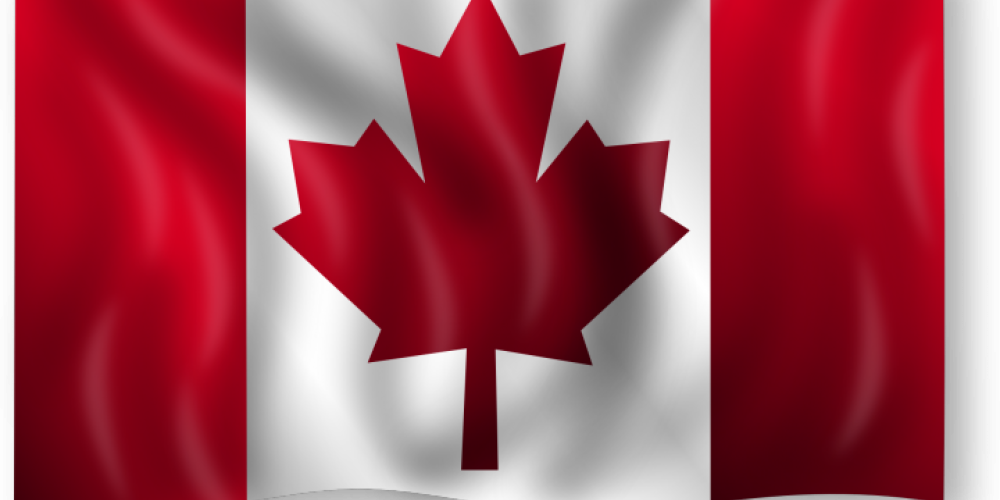
The linguistic ties that bind us
The points where Canada and Belgium connect or overlap are quite diverse, as is clear from the topics discussed at academic roundtables and conferences. There will be three: on multilingual education and language learning, on digital technology in learning and teaching, and a conference and panel discussion on Artificial Intelligence (AI). The first roundtable focuses on, “Multilingual Education and Language Learning in Canada and Belgium at a Crossroads”. The seminar takes place in Ottowa, on 13 March. A short overview will be given by the academics and researchers on immersion education in Belgium and Canada, followed by the latest research results on multilingualism, content and language learning.
The ties linguistically-speaking, between Belgium and Canada are strong, and the overlap and opportunities for best practices exchange are obvious. Canada is officially a bilingual country; Belgium trilingual. There is therefore a lot the two countries can learn from each other regarding immersion education, multilingualism, and language learning. Cooperation already exists in the area of historical linguistics where VUB has been working closely with Canadian scholars since 2007, including research activities with the University of Toronto, University of Chicoutimi and the University of Sherbrooke. (continue reading below picture)
VUB has a long-standing and well-respected linguistics programme. Being based in Brussels gives VUB an edge. The city is home to more languages than anywhere else in Europe (104 different ones in all). From a linguistic point of view, it doesn’t really get any better. Prof. dr. Ann Peeters, head of the course council of the Multilingual Master in Linguistics and Literary Studies (LIST) and head of internationalisation at the Faculty of Arts and Philosophy, joins the state mission with the aim of setting up new collaborations in the field of multilingualism and intermediality. Not only is multilingualism one of the central themes of the university’s recently defined strategic policy, the department has a longstanding research tradition in this field, with projects ranging from Content and Language Integrated Learning (CLIL), to language policy and planning, applied linguistics and foreign language acquisition. Intermediality being a second topic of interest at both VUB and several prominent Canadian universities, Ann Peeters hopes this mission will contribute to the creation of structural collaborations. (continue reading below picture)
Focus on digitalisation and education
The digital technology roundtable will look at the digital tools and technologies that are available to students, researchers and lecturers. The morning session will look at three different topics: defining students’ personal learning environments at university, assessing quality of massive open online courses (moocs) and their impact on learning, and training teachers on digital technologies. In effect, this means looking at students from disadvantaged backgrounds where the exposure to the latest technological developments might not be as high as in other households. The topic of moocs deserves a closer look as well, particularly when it comes to managing the quality of such courses, given how their popularity and availability is rapidly increasing. One could also wonder as to the future of moocs and if they will persist and if so in their present form, or whether the future maybe lies more in blended learning? The last topic specifically will focus on how to train lecturers so they keep up to date on the latest digital developments to aide them in the classroom. The VUB’s rector will be one of the rapporteurs in this roundtable summarising the results from the discussions on the theme of training lecturers in new technologies. (Continue reading below picture)
AI – the future world in Canada and Belgium
The conference and panel discussion on AI will be an exciting one for VUB. The VUB’s AI-Lab was founded in 1983. Over the years, a large number of artificial systems have been built to investigate different aspects of intelligence: knowledge systems, autonomous robots, machine learning systems, natural language processing components, and design and implementation tools. Today the lab consists of two main research groups: Robotics and Language Evolution Group, and the Computational Modelling Group. The research conducted at the AI-lab sits within the following topics: computational biology, evolutionary linguistics, learning in multi-agent systems, machine learning for data mining, and preference handling.
Towards the end of the trip, on Friday 16 March in Montreal, there will also be a “Québec-Belgian Science Cooperation: Excellence in Bilateral Fundamental Basic Research Programmes” session from 9:30 till 12 o’clock. Four projects will be discussed, including one on “promoting informed and shared decisions about eHealth solutions for older adults and their informal caregivers”, where the VUB’s Ronald Buyl and Ellen Gorus will be participating.
It is clear that a lot can be gained from this trip. Not only intended to reinforce the ties between the countries politically and economically, the exchanges that take place on the academic level promise to be very fruitful indeed.